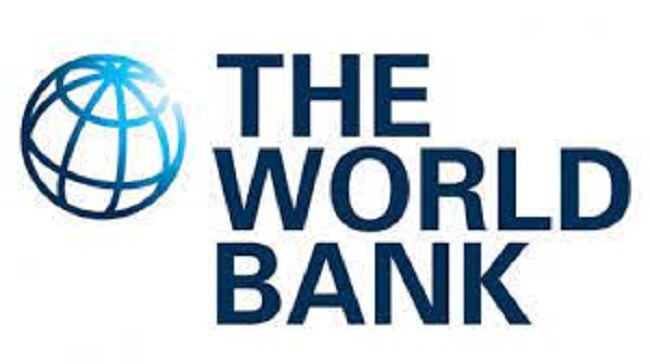
Our Projects are
Transforming African Trade
Quick Contacts
2nd Floor, Fidelity Insurance Centre Waiyaki Way, Westlands

The World Bank has disclosed that in a time of energy transition and rising demand for metals and minerals, resource-rich governments in Sub-Saharan Africa have an opportunity to better leverage their resources to finance their public programmes, diversify their economy, and expand energy access.
This is contained in Africa’s Resource Future, a World Bank report launched on Wednesday, which finds that on average countries capture only about 40 percent of the revenue they could potentially collect from natural resources.
“In other words, at a time when countries are burdened by slow growth and high debt, governments could more than double revenues from natural resources such as minerals, oil, and gas by adopting a better set of policies, implementing reforms, and investing in better fiscal administration and promoting good governance,” the World Bank said.
It added that full taxation of natural resources is also important to charge the full cost of environmental and social impacts not always fully covered by producers, including petroleum resources, warning that “failing to do so can act as an implicit production subsidy and raise carbon emissions.”
James Cust, Senior Economist in the World Bank Africa Region and co-editor of the report said,
“Maximising government revenues in the form of royalties and taxes paid by private natural resource industries, alongside attracting new investment, would offer a double dividend for people and planet by increasing fiscal space and removing implicit production subsidies.”
The Bank noted that the prospect of higher revenues is particularly welcome in countries that find themselves unable to make badly needed development investments because of high borrowing and debt service costs.
Read original article
Disclaimer: The views and opinions expressed in this article are those of the authors and do not necessarily reflect the official policy or position of TradeMark Africa.